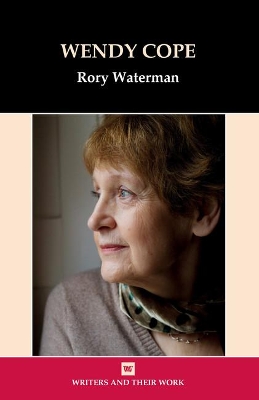Writers and their Work
2 total works
It is a commonly held belief that, other than the work of Keith Douglas and perhaps Alun Lewis, the Second World War (1939 - 1945) inspired hardly any poetry of merit, and certainly little to compare to the poets of the Great War of 1914 - 1918. Even in the early 1940s, the literary press in Britain was asking, 'Where are the war poets?' This book addresses why that might have been so, as well as providing ample evidence that the conflict did in fact inspire some of the finest poetry of the twentieth century. It looks in detail at several of the most notable English- language poets of that war, and also provides an overview of the other remarkable poetry about it, helping readers to evaluate the true significance of the Second World War on English-language poetry.
Wendy Cope is one of Britain’s most popular poets: her first two collections have together sold almost half a million copies, and in 1998, when Ted Hughes died, she was the BBC listeners’ choice to succeed him as Poet Laureate. She is also contrarian and sometimes controversial, and has been celebrated as one of the finest parodists of her, or any, generation. It is perhaps surprising, then, that her popular appeal has been met with critical near-silence. After five major collections, Cope has received only piecemeal critical attention, mostly confined to book reviews. This is the first in-depth study of her poetry. Drawing on Cope's published work, archival material and correspondence, Rory Waterman considers her main collections, her works for children and her uncollected poems, with many close readings, and detailed considerations of her cultural and literary contexts and her poetic development.

